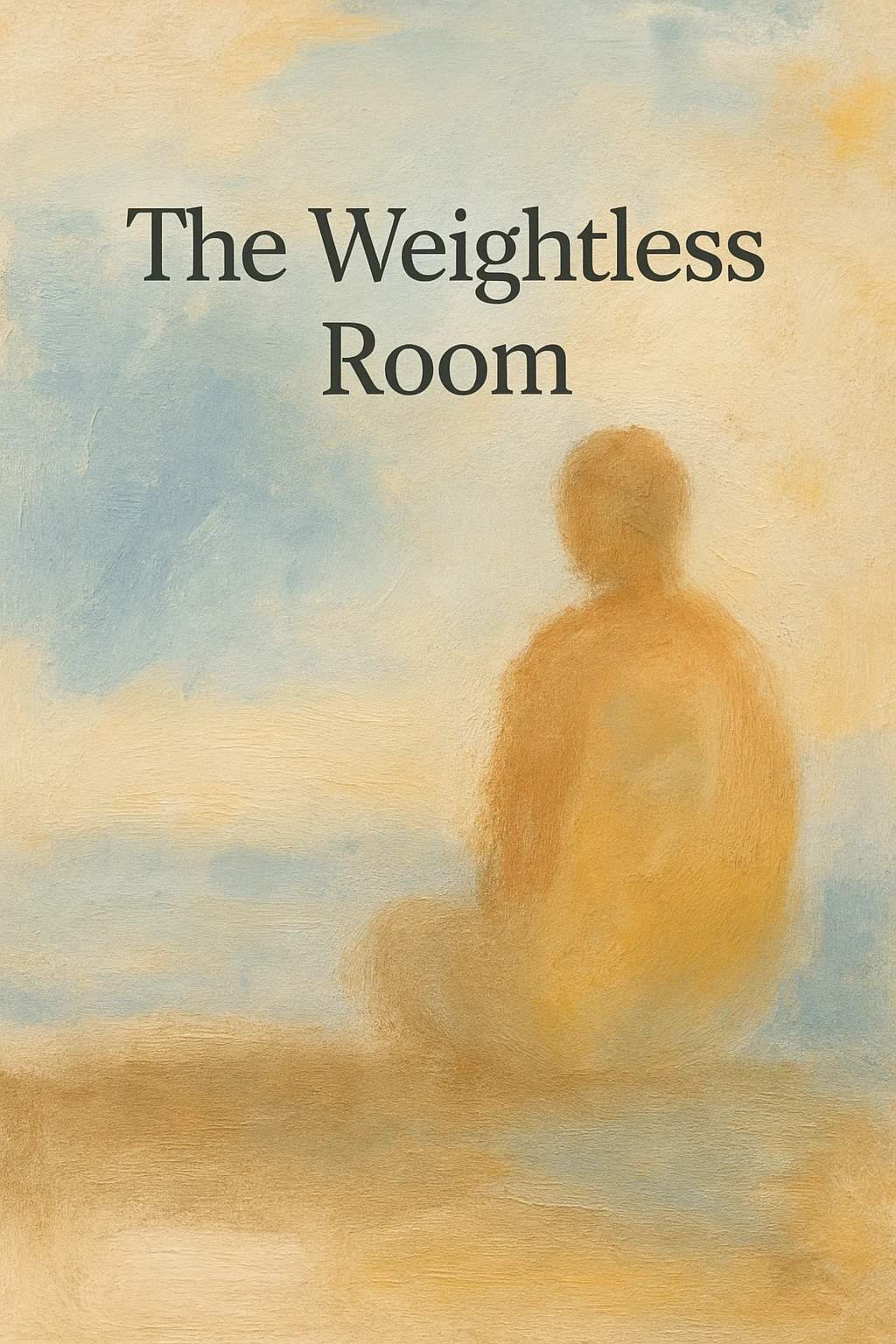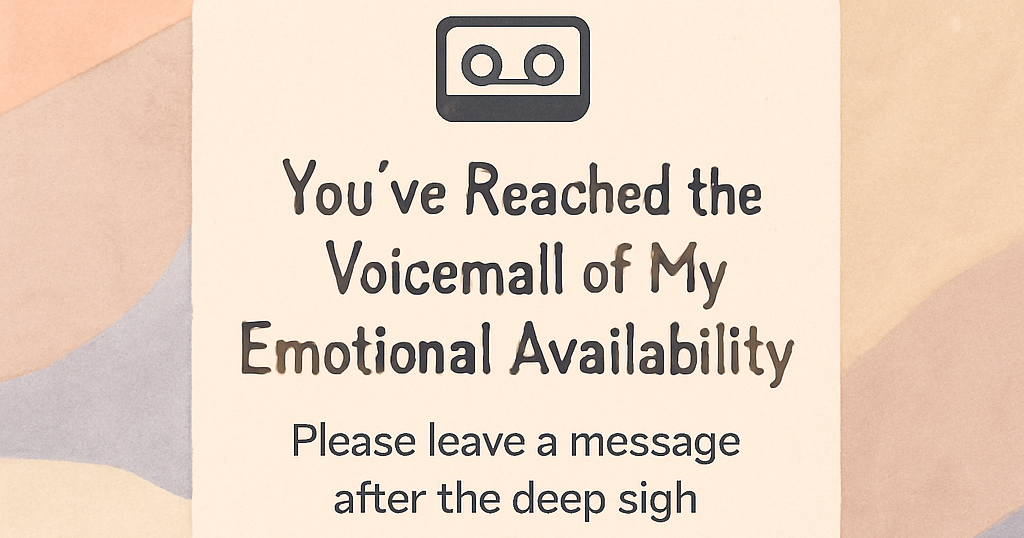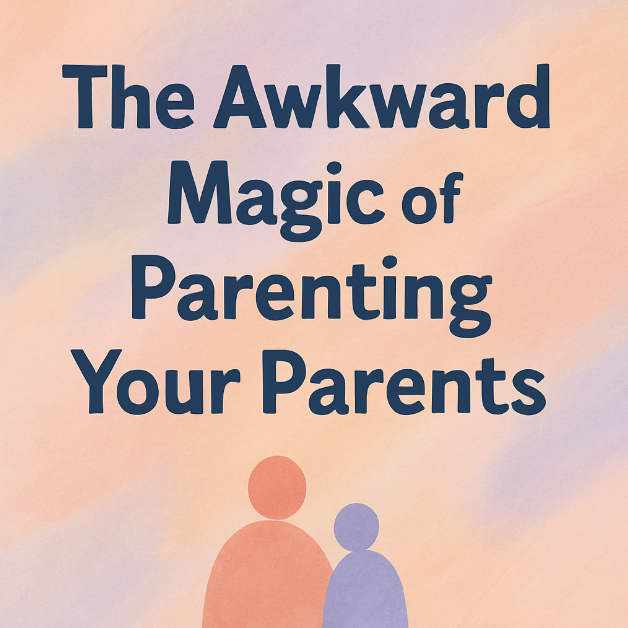The Weightless Room

A quiet reflection on being there, but not quite in it.
I’ve noticed something strange in the past few months — a kind of presence that doesn’t feel like presence at all. I show up to the plans I said yes to. I respond, I engage, I smile. I’m “there.”
But a part of me doesn’t arrive.
It’s not burnout, and it’s not boredom. It’s more like a quiet detachment — like being placed in a room where everyone else seems to have the manual for how to belong, and you’re politely trying to improvise.
And the odd part? These aren’t strangers. They’re people I care about. People I’ve laughed with, cried with, built shared stories with. So why do I feel so far away in the middle of it all?
The emotional middle ground
It took me a while to realize what was happening. I wasn’t withdrawing. I wasn’t angry. I was simply out of sync. Not with the people, but with the pace — the expectation to always be expressive, engaged, “on.”
There’s an invisible pressure in social spaces to be a certain way. Not overtly — no one’s forcing it. But it’s there, quietly baked into the air: keep up, laugh loud, fill the silences, respond instantly, don’t drift.
And when you’re not in that rhythm, you begin to feel like you’re fading at the edges of the room. Present in form, absent in spirit.
What changed?
I’ve asked myself this a lot. I used to enjoy this — the catch-ups, the noise, the quick jokes. And I still do, occasionally. But something inside me has shifted.
Maybe it’s emotional overstimulation. Maybe it’s learning to value depth over continuity. Maybe it’s that once you start understanding your emotional boundaries, it becomes harder to pretend in places where you can’t be soft.
I’ve come to recognize that this doesn’t mean I’m broken. It just means I’ve entered a new phase — one where the quality of connection matters more than quantity. One where being “included” isn’t enough if I have to leave myself outside the door to stay.
Why this matters
There’s a type of loneliness that doesn’t stem from being alone — it comes from being surrounded by people, and still feeling unseen. And what’s harder is that you can’t explain it without sounding like you’re ungrateful or distant or strange.
But it’s not about other people doing something wrong. It’s not even about anyone changing. It’s just a realization: this version of me doesn’t fit here in the same way anymore.
And that’s okay.
Learning to make peace with it
Now, I allow myself to leave early when I need to. I say no to plans that feel heavy even before they begin. I give myself permission to respond slowly, or not at all, when my energy feels fragile.
And the truth? I’m still deeply connected to the people I love.
But now I’m also connected to myself — the part of me that doesn’t perform peace just to avoid discomfort.
I’ve stopped trying to constantly prove I belong. Because maybe I do — even when I’m quieter. Even when I’m tired. Even when I’m showing up in smaller ways.
The room I’m rebuilding
There’s a room I’ve started rebuilding in my life. It’s not crowded. It’s not loud. It doesn’t demand much from me. It’s filled with slow presence, soft words, long pauses, and people who know how to sit beside you in silence without asking what’s wrong.
That’s the room I want to invite others into.
And if you’ve ever felt like the version of you that others expect is becoming heavier to carry, I want you to know — you’re not alone. There’s nothing wrong with craving slower spaces, quieter rhythms, and a different kind of connection.
You’re just stepping into your own weightless room — where belonging doesn’t come at the cost of yourself.
Has this ever happened to you? You can share your thoughts or simply carry this with you. Either way, I’m glad you stopped by.


